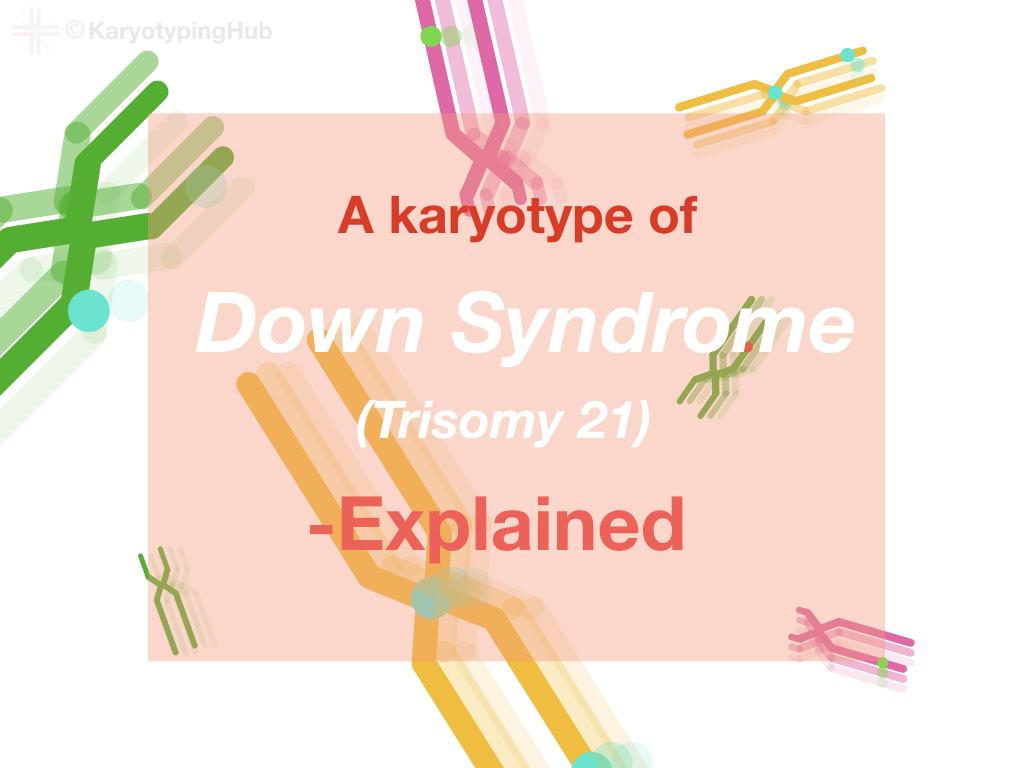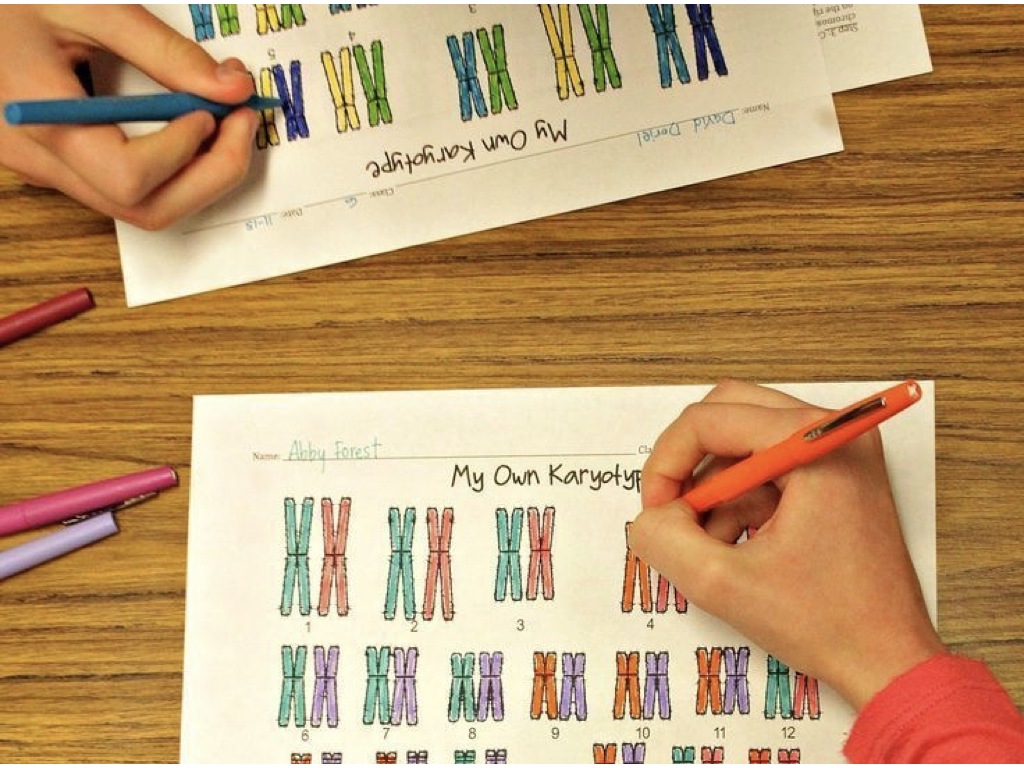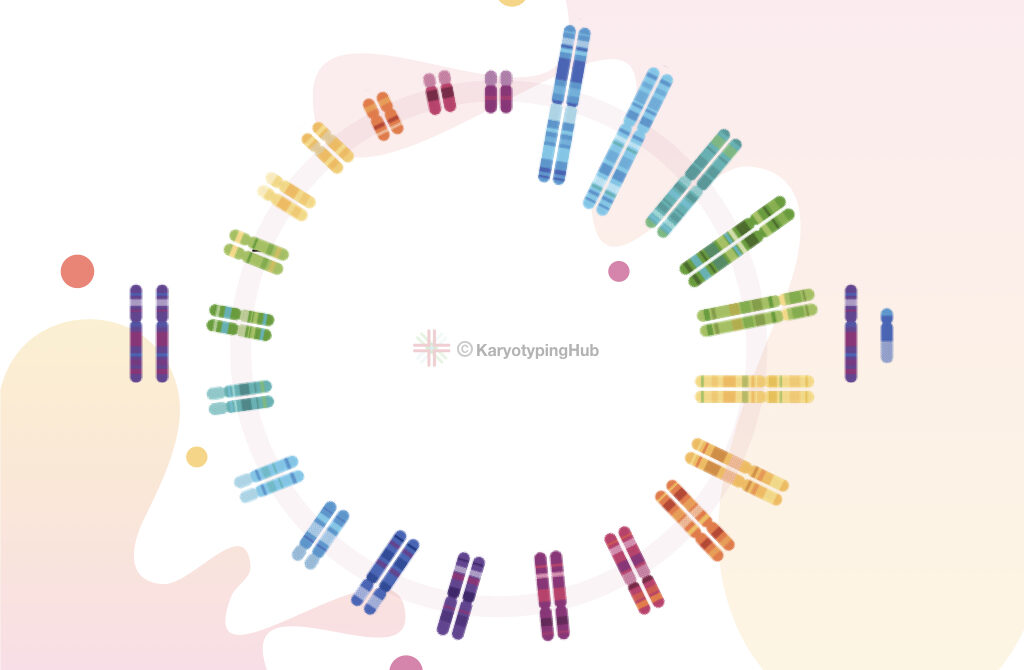Things You Should Know About Male and Female Karyotype
“The karyotype analysis reveals that males have one X and one Y chromosome and females have two X chromosomes with 22 pairs of autosomes.” Male and female are two different living entities on earth and their difference makes it possible to reproduce. In almost every organism males and females are different. If we think in […]
Things You Should Know About Male and Female Karyotype Read More »








